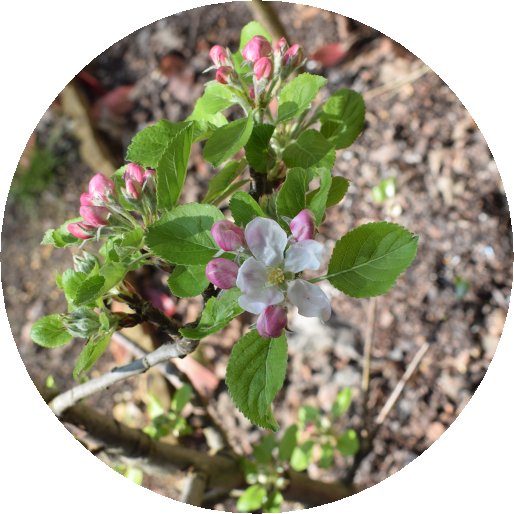As a Mental Health Practitioner, I have been experimenting with well-being exercises that support my writing, and I want to open up discussions about writer’s well-being.

Well-being is defined as “the state of feeling healthy and happy” by the Cambridge Dictionary. Thus, there are multiple facets to our health and happiness than just our mental health, which can impact each other.
Today I want to discuss your Meditation.
[Usual Disclaimer: I am not a medical professional and please see your GP if you feel you require any form of support for your mental health. If you live in England, every county has access to a free IAPT psychological therapies service. Additionally, The Samaritans are a free, confidential listening charity, and you can contact them on 116 123 if you need to talk.]
~
Mental Space :: Meditation
These days, it’ almost impossible to find information on wellness without some mention of Mindfulness or Meditation.
The two are not the same, but do have threads of similarity.
Mindfulness focuses on where and what and how you are: n the act of being, of existing. Noticing.
Meditation is an act of guiding the mind – sometimes, it’s guiding it to that present moment: a form of mindfulness meditation. However, there are so many other types of meditation: focusing on a mantra, on sounds like a bell, on relaxing the body, on visualising light or on journeying through a landscape in your mind.
Personal Practise
I began meditating around 2004, and although it’s woven in and out of my routines over the years, something continually pulls me back to it, in some form or other. I began cross-legged on my bed listening to music by Enya or Ludovico Einaudi in the evenings. I went on to run a Buddhist Meditation and Mindfulness society for 3 years, and tried to adopt yoga and general mindfulness when I remembered. These days, I fight to make the head-space for it – there’s nothing more off-putting to me than making the time to sit, and yet being unable to focus and reach that state that often comes easily to me.
Research
Although these two aspects can be separated, the two terms are often used interchangeably. Warren Brown, Ryan and Creswell (2007) define as “a clear awareness of one’s inner and outer worlds, including thoughts, emotions, sensations, actions, or surroundings as they exist at any given moment.”
Mindfulness meditation has been found to show some improvement of mind and body together; including physical health (Greeson, 2009) and some research has even demonstrated evidence for more specific benefits such as chronic pain, immune function and stress levels (Bluth and Blanton, 2014).
Results suggested that both mindfulness and self-compassion functioned as mediators in the pathway to emotional well-being (Bluth and Blanton, 2014). A recent analysis of previous studies on the effectiveness of yoga and mindfulness mediation in practised in prisons showed signs of improvements in both general well-being and in practitioners behaviours (Auty, Cope and Liebling, 2017).
So, it’s clearly not a bad thing to try, when looking well-being tools.
But where to start?
A Simple Mindfulness Exercise
Take an edible item (I’ve used sultanas or raspberries when I lead it, but jelly sweets, most bite-size fruits or chocolate works if it’s not too hot!) and let your eyes really look it over. See the shapes, shadows, and grooves.
Then lean forward and sniff it. Does it smell sweet? Does it even have a scent? Does the environment around you change its smell?
Then, touch it. Squish it between your finger and thumb, or let it roll from your fingers into your palm. Is it rough or smooth, soft or solid? Are there grooves?
Then, when you feel you’ve memorised the shape of your item, put it in your mouth. Let it sit on your tongue and breathe through your nose. Then press it to the roof of your mouth. What do you notice?
Finally, chew it, and really notice the taste. Is it as you expected? Sweeter? Softer?
Finally, swallow it and see if the after-taste is any different.
Ta-Da! You’ve just spent however long being mindful. Congratulations.
Have you tried mindfulness or meditation before?
References:
Auty, K. M., Cope, A., & Liebling, A. (2017). A systematic review and meta-analysis of yoga and mindfulness meditation in prison: Effects on psychological well-being and behavioural functioning. International journal of offender therapy and comparative criminology, 61(6), 689-710.
Bluth, K., & Blanton, P. W. (2014). Mindfulness and Self-Compassion: Exploring Pathways to Adolescent Emotional Well-Being. Journal of Child and Family Studies, 23(7), 1298–1309.
Greeson, J. M. (2009). Mindfulness Research Update: 2008. Complementary Health Practice Review, 14(1), 10–18.
Warren Brown, K., Ryan, R. M. and Creswell, J. D. (2007). Mindfulness: Theoretical Foundations and Evidence for its Salutary Effects. Psychological Inquiry, 18 (4)
